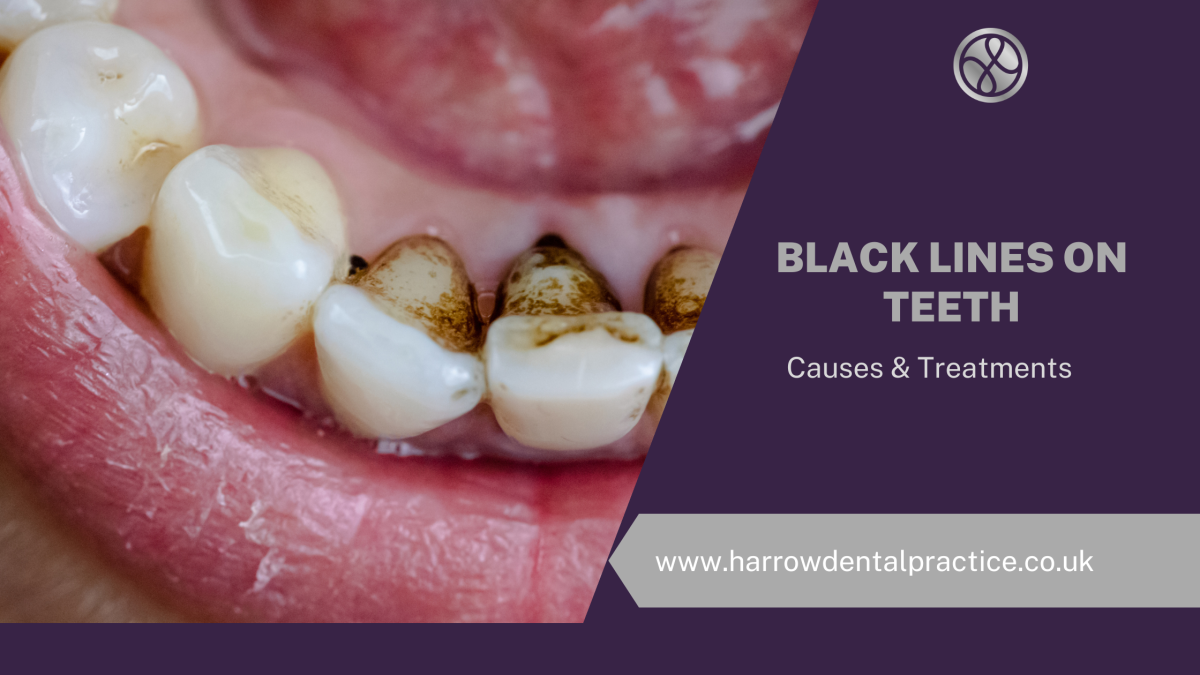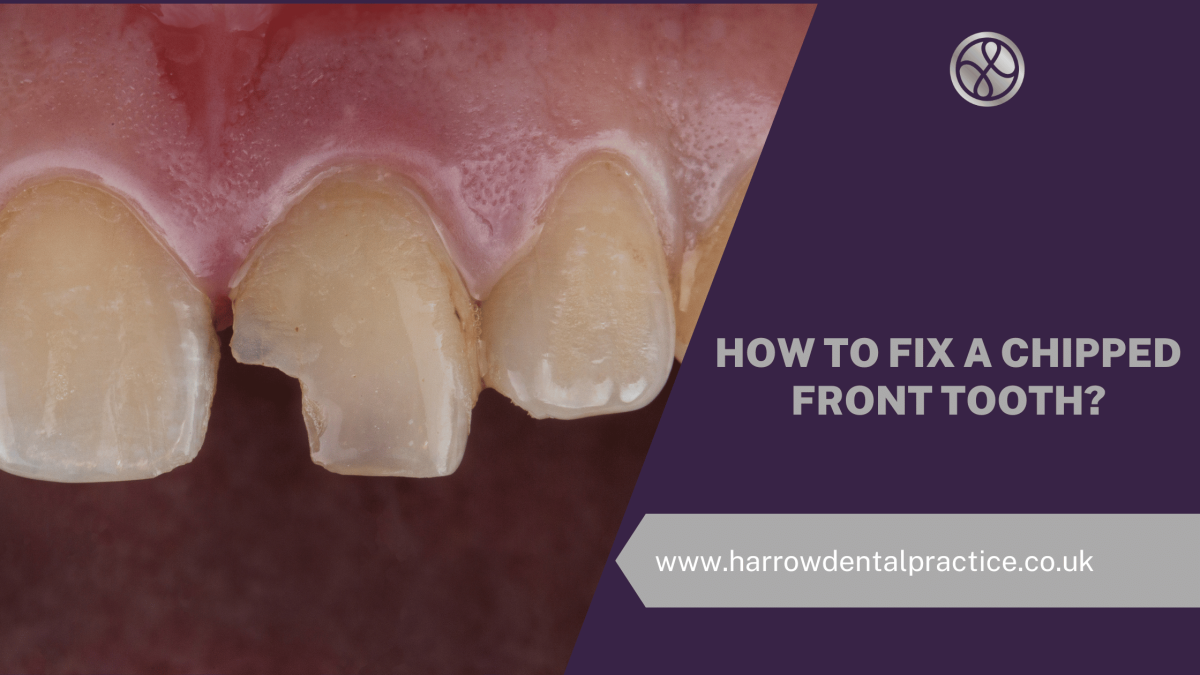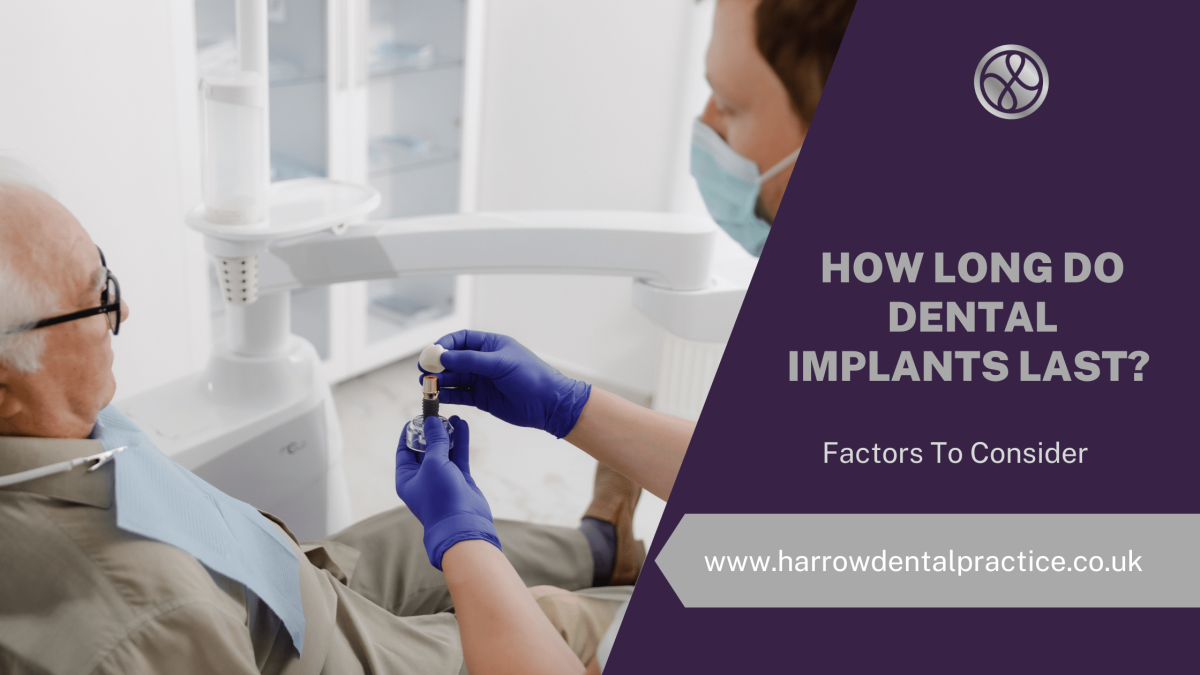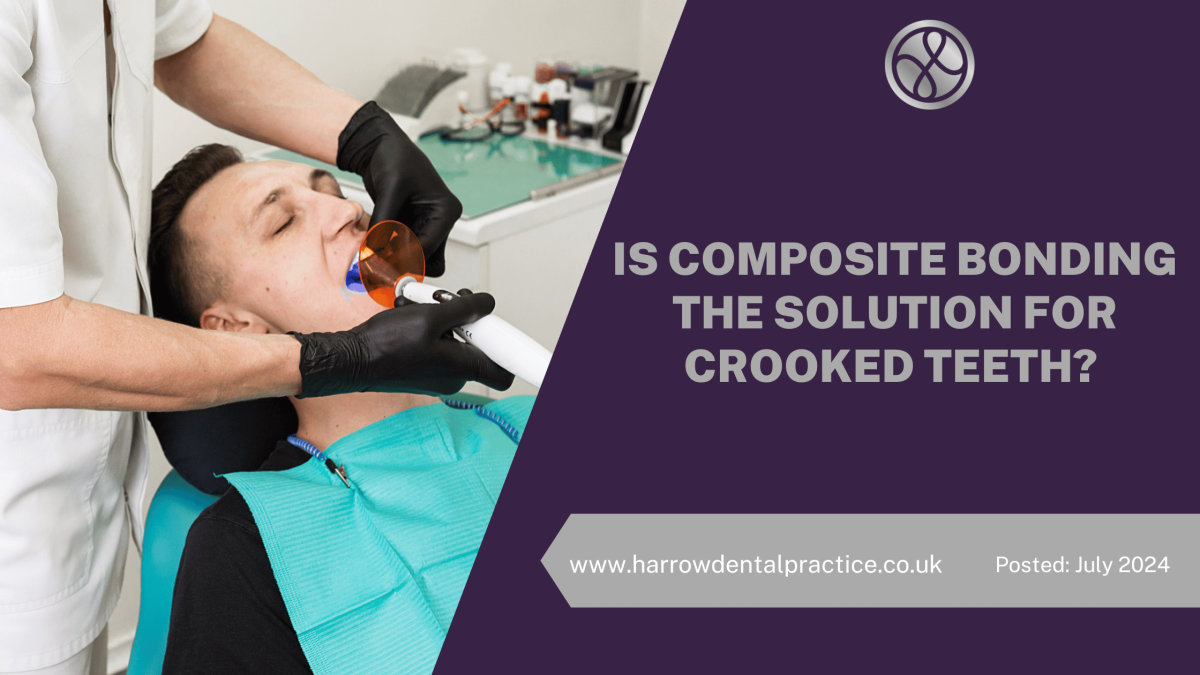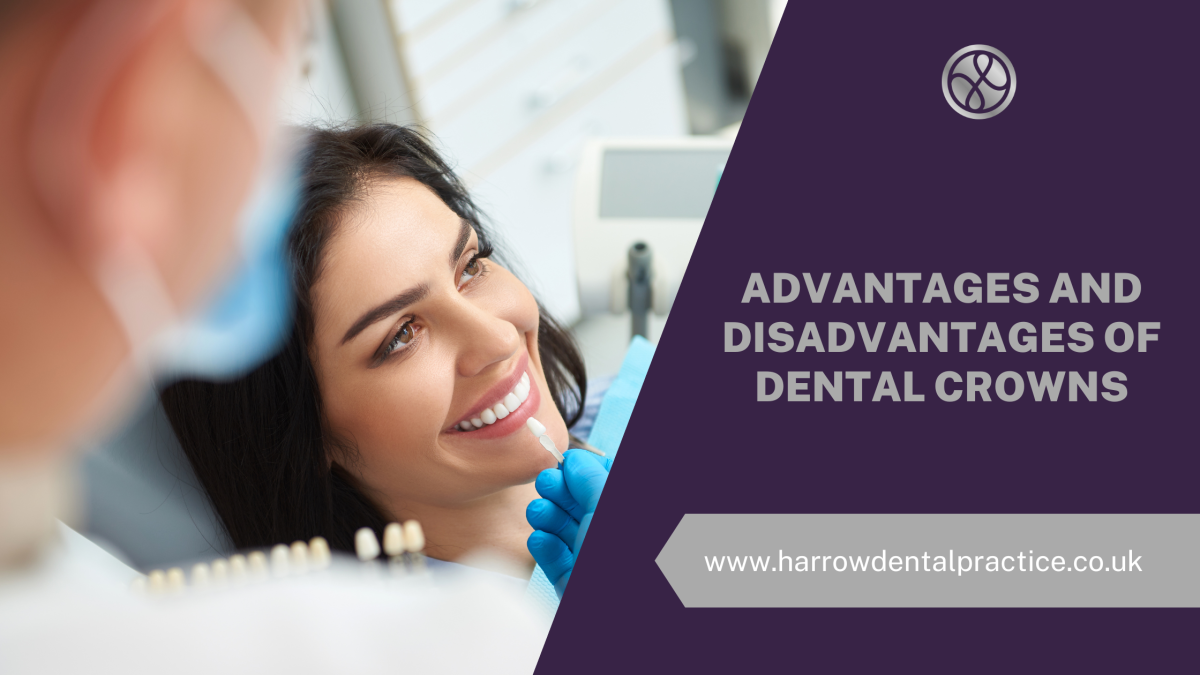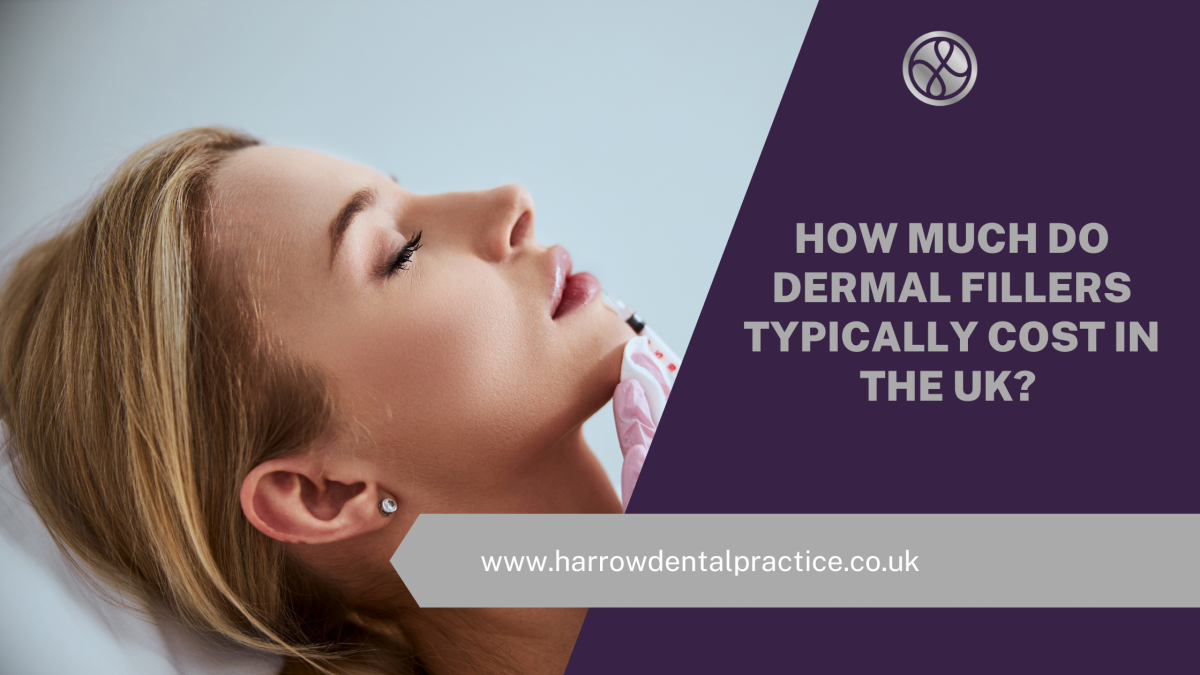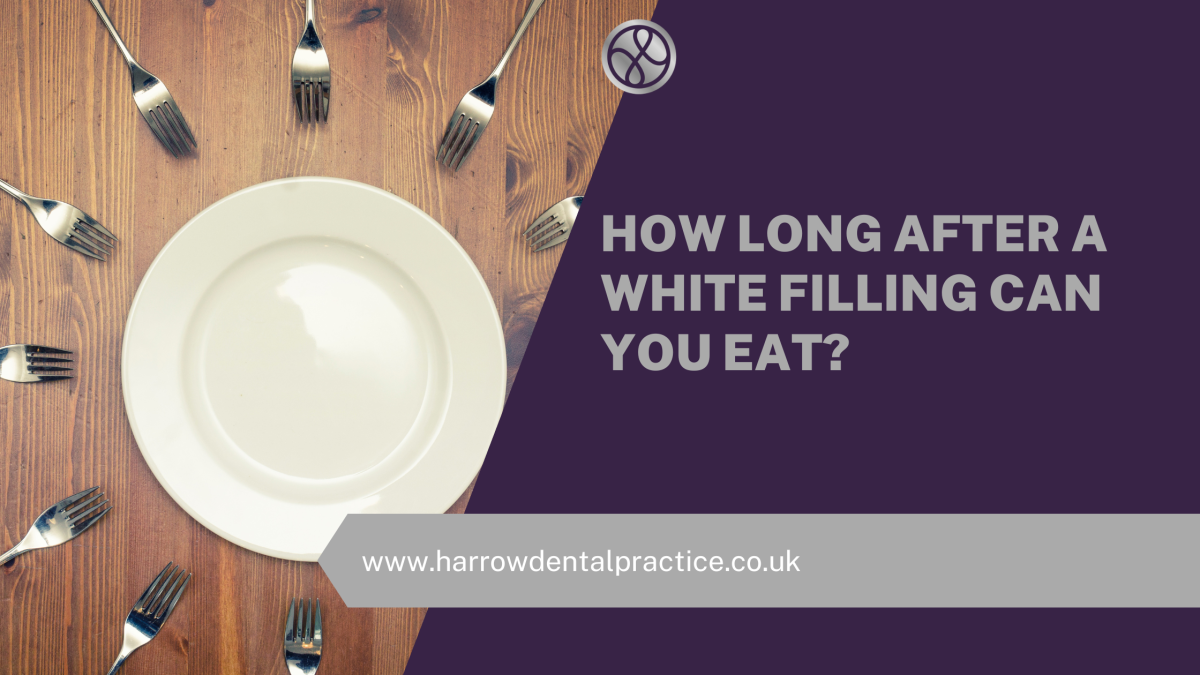Dental crowns are one of the most popular treatment options in the UK to restore worn-down or crooked teeth. In addition to improving the aesthetics of stained or damaged teeth, dental crowns also reinforce them. If you have one or more crooked teeth that affect your facial aesthetics and smile, you should consider dental crowns for your cosmetic dental treatment.
If you’re not familiar with dental crowns, then this blog is for you. So, read on to learn more about dental crowns and they can help you enjoy a beautiful and healthy smile.
What Are Dental Crowns, And How Do They Work?
A dental crown is a cap-shaped structure that rests on the visible surface of natural teeth. According to the British Academy of Cosmetic Dentistry, dental crowns help restore the aesthetics and strength of damaged natural teeth. Tooth crowns are made of metal alloys, porcelain fused to metal, and porcelain bonded to zirconium.
Why Do You Require Dental Crowns?
Tooth crowns are needed for two main reasons: to improve aesthetics and and restore the strength of damaged teeth. Dental crowns can be an excellent treatment option in the following cases:
- To mask permanent tooth stains
- To restore the aesthetics and strength of won-down teeth
- To restore fractured or chipped teeth
- To reinforce teeth after a root canal treatment procedure
How Is A Dental Crown Installed?
The process of getting dental crowns is straightforward. During your first appointment, your dentist will perform a detailed clinical examination to assess whether you’re a suitable candidate for dental crowns. In the next appointment, they will perform a procedure called tooth preparation. This involves removing a thin layer of the outer enamel of the affected tooth. This creates space for bonding the crown to the tooth. After tooth preparation, your dentist will make an impression of your teeth which will be sent to the laboratory.
At the next appointment, your dentist will try on the prepared crowns over the prepared tooth to check its fit. If everything goes well, they bond the crown to the prepared tooth using adhesive. That’s it! Your tooth is now protected by a crown.
How Long Do Permanent Tooth Crowns Last?
The clinical life of tooth crowns depends on various factors, such as their material, the dentist and laboratory technician’s skill, and the extent of oral hygiene. However, according to the Cleveland Clinic, the average lifetime of a dental crown is between 5 and 15 years.
What Are The Differences Between A Dental Cap And Crown?
A dental crown and a dental cap represent the same thing. A dental cap is a layman’s term for crowns that are placed over damaged teeth to restore them. So, if you hear someone say that they have got a dental cap, it simply means that they got a dental crown.
What Is The Primary Function Of Dental Crowns?
The major function of tooth crowns is to restore the aesthetics, structure, and strength of badly damaged teeth. Your dentist may give you a crown to reinforce it after a root canal treatment procedure or if a tooth fractures. Similarly, you may also need a crown if you have permanent stains on your teeth that are not removable with professional whitening. You may also need a crown after a root canal treatment procedure.
What Are Dental Crowns Attached With?
Your dentist will bond a crown to one of your prepared teeth using a special adhesive. This adhesive ensures that the crown remains firmly bonded to the tooth structure. At the same time, your dentist will ensure that the bonding agent, which is typically a resin-based polymer, does not cause irritation or an allergic reaction in its vicinity.
Can A Dental Crown Be Removed And Put Back On?
Your dentist will design your Dental crowns so that they to remain attached to the tooth structure, and cannot be removed by patients. However, your dentist can remove them if needed. For this, they will use a special instrument that helps them remove the crown. Afterwards, they can also bond the crown back to the tooth using an appropriate adhesive.
What Are The Pros And Cons Of Dental Crowns?
Some of the advantages of dental crowns are:
- Restoration of tooth strength and structure
- Improvement in facial aesthetics and smile
- They can last very long if looked after properly
At the same time, they also have certain disadvantages:
- Can be expensive, especially zirconia or CAD-CAM crowns
- You should avoid eating Hard and sticky foods with them as they can fracture or dislodge them
- Poorly prepared crowns can lead to secondary tooth decay at the tooth-crown junction
Are Dental Crowns Safe?
Tooth crowns are made of safe materials that don’t carry a significant risk of allergic or adverse reactions. However, some people are allergic to metals present in metallic or porcelain fused to metal crowns. These people can benefit from porcelain crowns to prevent adverse effects.
Do Crowns For Teeth Require Special Care?
The most important consideration with tooth crowns is to ensure optimal oral hygiene. If food starts to get stuck around the crown, it can lead to tooth decay and even crown dislodgment. Therefore, one must maintain optimal oral hygiene and avoid eating hard and sticky foods directly with crowns.
If you’re looking for the best dentist in Essex for tooth crowns, you should consider Harrow Dental Practice and Dental Implant Centre for your entire family’s needs. We take pride in having a highly qualified team that will help you get the most out of your dental crown treatment. So, book a free consultation with us today and leave the rest to us.


